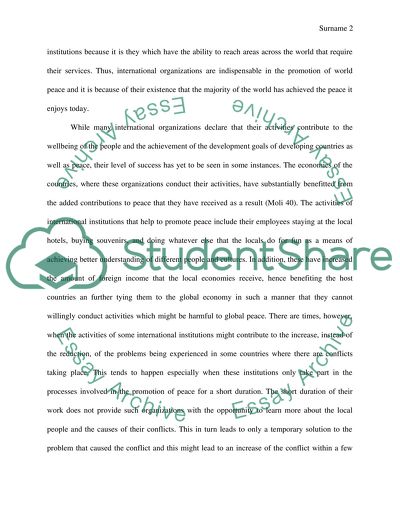Cite this document
(“Promotion of peace through international institutions Research Paper”, n.d.)
Retrieved from https://studentshare.org/social-science/1644996-promotion-of-peace-through-international-institutions
Retrieved from https://studentshare.org/social-science/1644996-promotion-of-peace-through-international-institutions
(Promotion of Peace through International Institutions Research Paper)
https://studentshare.org/social-science/1644996-promotion-of-peace-through-international-institutions.
https://studentshare.org/social-science/1644996-promotion-of-peace-through-international-institutions.
“Promotion of Peace through International Institutions Research Paper”, n.d. https://studentshare.org/social-science/1644996-promotion-of-peace-through-international-institutions.


